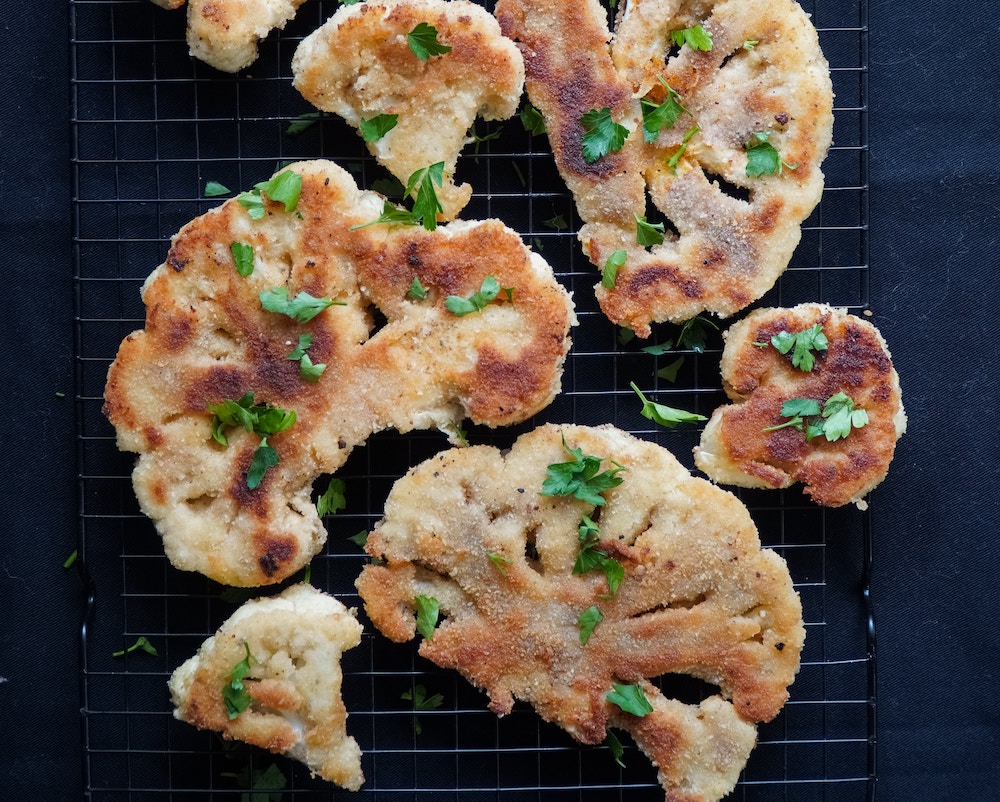With the rise of veganism and plant-based foods, many people have turned to different nut butters to spread on their toast, crackers and to pop into their daily smoothies.
However, nut butters have recently become more controversial, raising some questions—what is the true cost of consuming this much nut butter? Where do the nuts come from and who harvests them?
As with anything that becomes trendy (I’m looking at you, avocado), the demand goes up, and the production comes at great cost to the environment and the people growing the crop. It seems that some of the trendy alternatives to peanut butter are good for your health but may not be so good for the planet. Let’s have a look at the different nut butter options and explore their health benefits and environmental impact.
Peanut Butter
The Health Benefits:
Peanut butter is high in healthy fats, B6 and niacin, which all help our body to burn energy efficiently and keep our muscles functioning well and our bones strong. It is also high in protein and fiber, so makes a great addition to a vegan diet. Looks for a brand that has no added sugar or salt, as many companies sneak these into your peanut butter, significantly lowering its health benefits.
The Environmental Impact:
The main thing to look out for in your favorite peanut-butter brand is to make sure there’s absolutely no palm oil in the ingredient list.
Palm oil is incredibly damaging to the environment as it is contributing to deforestation in many parts of Southeast Asia. This deforestation contributes to rising levels of carbon in the atmosphere and also leads to habitat destruction for many native animals, threatening already endangered species such as the Sumatran tiger, the Asian Rhinoceros and the Sumatran Orangutan. Palm oil crops also destroy biodiversity in these regions and are a monoculture that destroys the existing harmonious ecosystems.
Suggestion: Look for brands that use 100% peanut for the lowest environmental footprint.
Almond Butter
The Health Benefits:
Almond butter has the highest number of healthy fats and vitamin E of all the nut butters, so in terms of health benefits is a high contender. It is also high in magnesium, iron, calcium and riboflavin. Almond butter is also high in protein and fiber, making it the perfect post-exercise snack or great to reach for when you have a mid-afternoon slump.
The Environmental Impact:
There’s no getting around it: almonds need a lot of water to be produced and this has a huge impact on the environment. Every pound of shelled almond requires an average of 819 gallons of irrigated water to grow. Almonds are primarily grown in California, a state that regularly suffers from drought and wildfires. According to studies, growing almonds contributes to 10% of the agricultural water usage of California, which makes them a significant contributor to water shortages. The demand for almond butter had increased the strain on farmers’ water requirements and almond crops occupy much of the land that could be used for other crops.
Suggestion: Next time you reach for a jar of almond butter, consider a different nut butter that doesn’t need an extensive amount of water to be produced.
Cashew Butter
The Health Benefits:
Cashew butter is usually smooth and creamy and slightly lower in fat than other nut butters. Cashew butter one of the best sources of monounsaturated fatty acids, essential amino acids, and magnesium. These nutrients are beneficial for blood pressure, sugar and cholesterol control, bone health, the immune system, and your metabolism.
The Social Impact:
Cashews may be great for your health, but they are not so great for the workers, who are mostly located in Vietnam, India and the Ivory Coast. Cashews aren’t toxic themselves, but they are surrounded by a shell that contains the toxic oil urushiol. This oil can cause blisters and raw skin which is extremely painful. Many workers aren’t provided with gloves to wear while harvesting and shelling the cashews. Human Rights Watch deemed the cashew industry inhumane in a report from 2011.
Suggestion: Unfortunately, only about 3% of the cashew industry is fair-trade but it is best to seek out fair-trade cashew nut butter and support the farmers who make it possible for you to enjoy your morning treat.
Hazelnut Butter
The Health Benefits:
Hazelnut butter is a sweet alternative to some other nut butters. Hazelnuts are rich in antioxidants which are compounds that protect against the oxidation of cells. They reduce the extent of cell damage from free radicals. Hazelnut butter is also high in healthy fats, protein and fiber.
The Social Impact:
Sadly, hazelnut production, especially hazelnuts that go into various spreads has been linked to human rights abuses in Turkey. Hazelnuts are mostly picked by immigrants who work extremely long hours for very low pay. The industry has even been linked to child labor. The hours are grueling, and people often work from 7am to 7pm every day and don’t get paid sick leave. This is a highly exploitative industry that harms some of the world’s most vulnerable people, refugees and children.
Suggestion: If you are going to eat a hazelnut spread make sure that you are supporting a fair-trade initiative.
The best nut butter for you and the planet is a fair-trade peanut butter that is made from 100% peanuts with no additives.
However, the main things to consider when purchasing any nut butter, or nut products are to make sure that the product is organic, fair-trade and contains absolutely no palm oil or hidden salt and sugar. It might take a bit more time for you to research the different nut butters available, but you will be having a positive impact on the world with your efforts.
Get more like this—Sign up for our daily inspirational newsletter for exclusive content!
__
Photo: Sheri Silver via Unsplash





